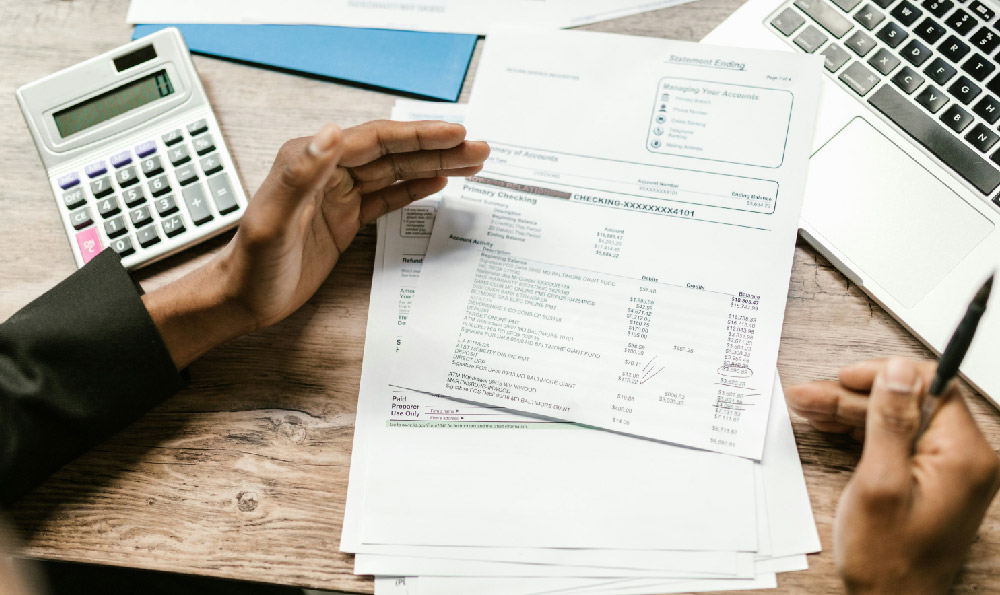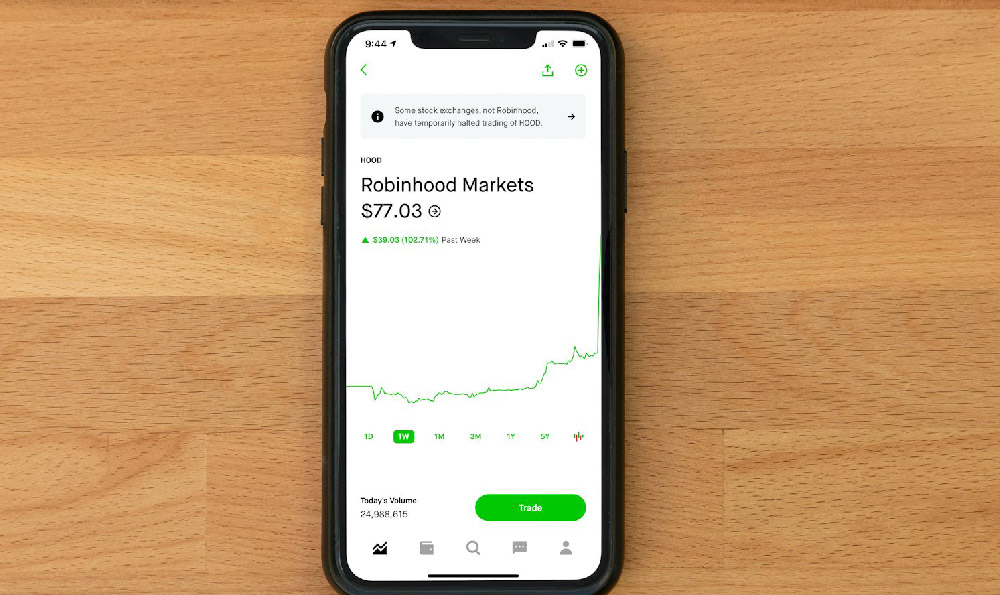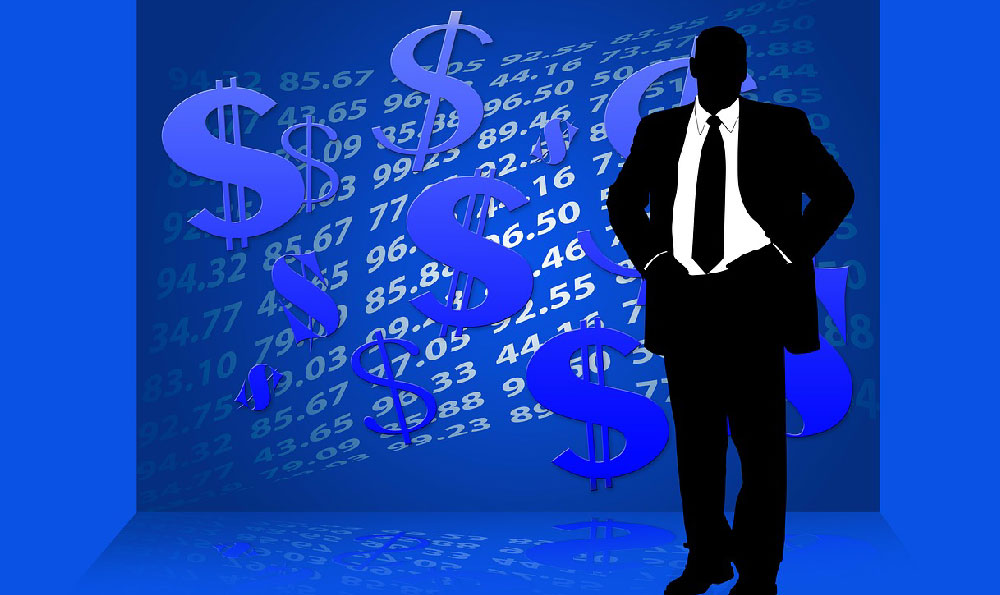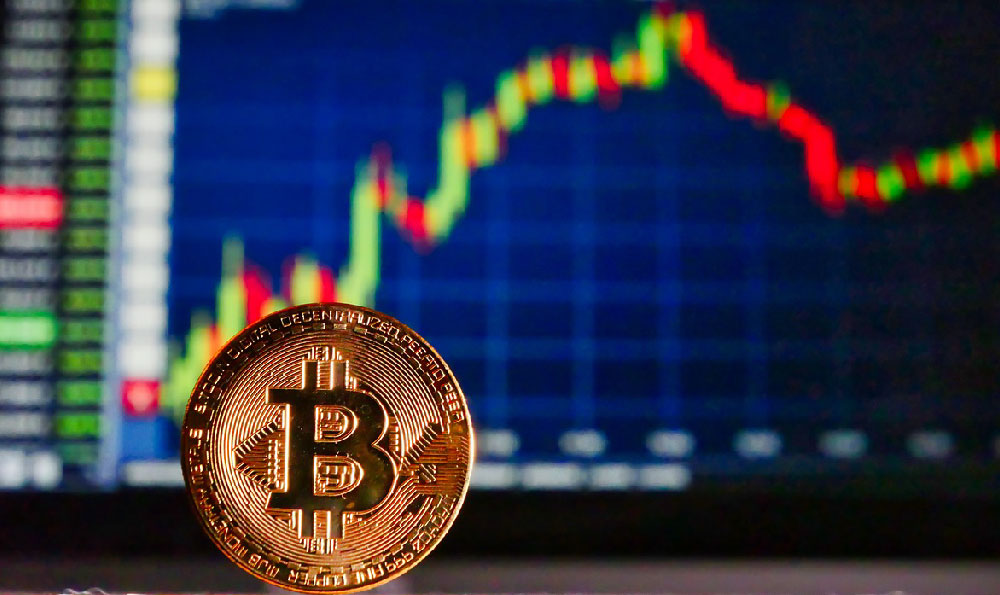How Much Did Belle Gibson REALLY Make? What's the Total?
Belle Gibson, the wellness blogger who captivated thousands with her story of overcoming terminal brain cancer through alternative therapies, became a symbol of both entrepreneurial success and devastating deceit. While the precise, definitive figure of her earnings remains somewhat shrouded in the complexities of her business dealings and the opaque nature of her fraudulent claims, a careful examination of available reports, court documents, and media investigations paints a fairly clear picture of the financial gain she derived from her elaborate deception.
The primary source of Gibson's revenue came from "The Whole Pantry" app and associated cookbook. The app, initially launched to widespread acclaim, purportedly provided users with recipes and wellness tips to aid in their health journeys. The cookbook, similarly titled "The Whole Pantry," followed suit, offering a physical manifestation of the app's content and further solidifying Gibson's image as a wellness guru.
Estimates for the app's revenue vary, but several sources suggest it generated hundreds of thousands of dollars. Early sales figures were undoubtedly boosted by Gibson's compelling narrative – a young woman battling cancer, finding solace and healing through natural remedies and a plant-based diet. People were not just buying an app; they were investing in a story, a hope, and a belief that they too could find a path to wellness. The inherent appeal of this narrative, coupled with effective marketing through social media and partnerships with established brands, fueled the app's initial success.

The cookbook, published by Penguin, represented another significant stream of income. While specific sales figures are confidential, it is safe to assume that "The Whole Pantry" cookbook generated substantial revenue, considering its wide distribution and initial popularity. Royalties from cookbook sales typically range from a percentage of the book's retail price, and given the cookbook's success before the unraveling of Gibson's story, her earnings from this avenue would have been considerable.
Beyond the app and the cookbook, Gibson also profited from various partnerships and endorsements. She collaborated with brands, leveraging her growing influence to promote their products to her devoted followers. These partnerships undoubtedly involved financial compensation, although the precise details remain undisclosed. Her persona as a wellness advocate made her an attractive figure for companies looking to tap into the health-conscious market. Furthermore, speaking engagements and media appearances likely contributed to her overall income, further cementing her position as a perceived authority in the wellness space.
However, the illusion of success began to crumble as journalists and skeptical followers started questioning the veracity of Gibson's claims. Doubts arose regarding her cancer diagnosis, her charitable donations (which she had pledged to make from her earnings), and the efficacy of her alternative therapies. The media scrutiny intensified, exposing inconsistencies and ultimately revealing Gibson's elaborate fabrication.
Following the exposure of her fraud, Gibson faced significant legal repercussions. Consumer Affairs Victoria (CAV) investigated her conduct and initiated legal action. In 2017, she was found guilty of engaging in misleading and deceptive conduct and was fined AU$410,000. This fine, while substantial, likely represents only a portion of the total income she generated from her fraudulent activities.
It is important to note that tracing the full extent of Gibson's earnings is challenging due to the lack of transparency surrounding her financial dealings. Some revenue may have been concealed or used for personal expenses, making it difficult to obtain a precise figure. Furthermore, the legal proceedings focused primarily on her misleading and deceptive conduct rather than a comprehensive audit of her entire financial history.
Considering all available information, it is reasonable to estimate that Belle Gibson likely earned hundreds of thousands, if not millions, of dollars from her fraudulent enterprise. The app, the cookbook, brand partnerships, and speaking engagements all contributed to her revenue stream. While the exact amount remains elusive, the evidence strongly suggests that she profited significantly from exploiting the trust and vulnerability of individuals seeking health and wellness guidance.
The Belle Gibson case serves as a stark reminder of the importance of due diligence and critical thinking when navigating the world of online information and wellness advice. It highlights the potential for individuals to exploit vulnerabilities for personal gain and underscores the need for accountability and transparency in the wellness industry. While it is impossible to pinpoint the exact total of her earnings, the story undeniably paints a picture of significant financial gain derived from a web of lies, ultimately leading to legal consequences and a devastating loss of credibility. The real cost, however, extended far beyond financial figures, impacting the lives of those who placed their trust in her fabricated narrative and potentially delaying or foregoing conventional medical treatment in the process.















